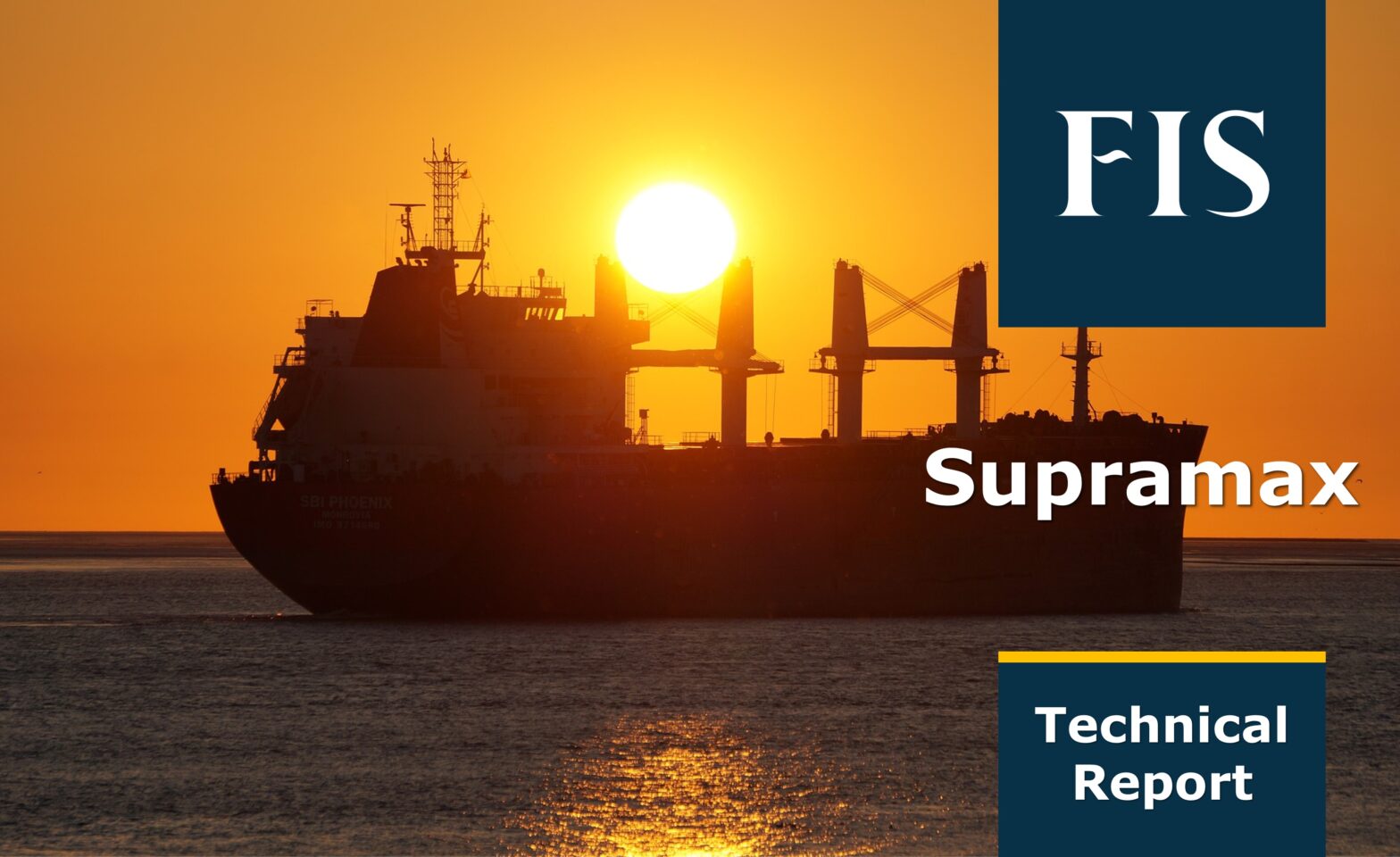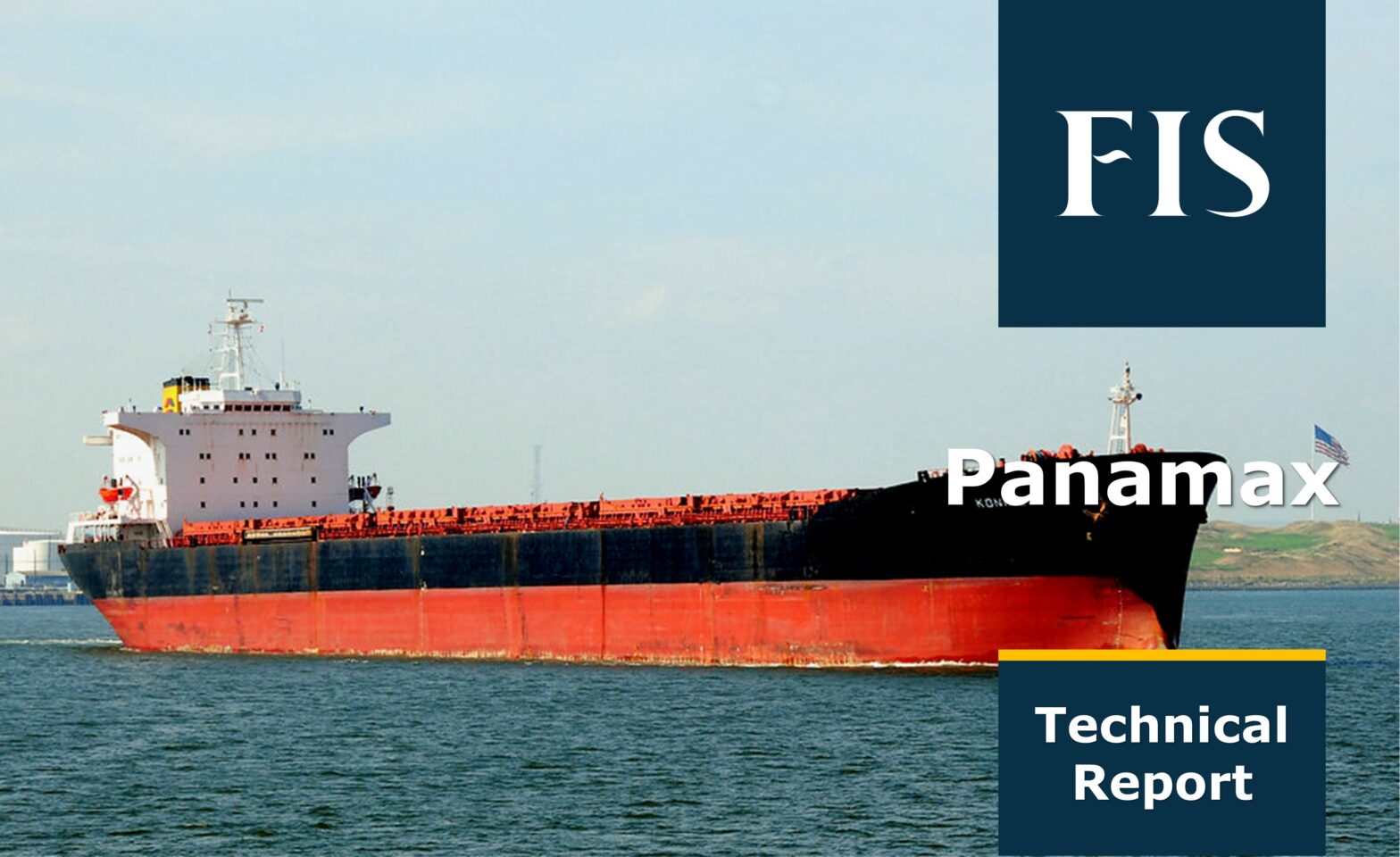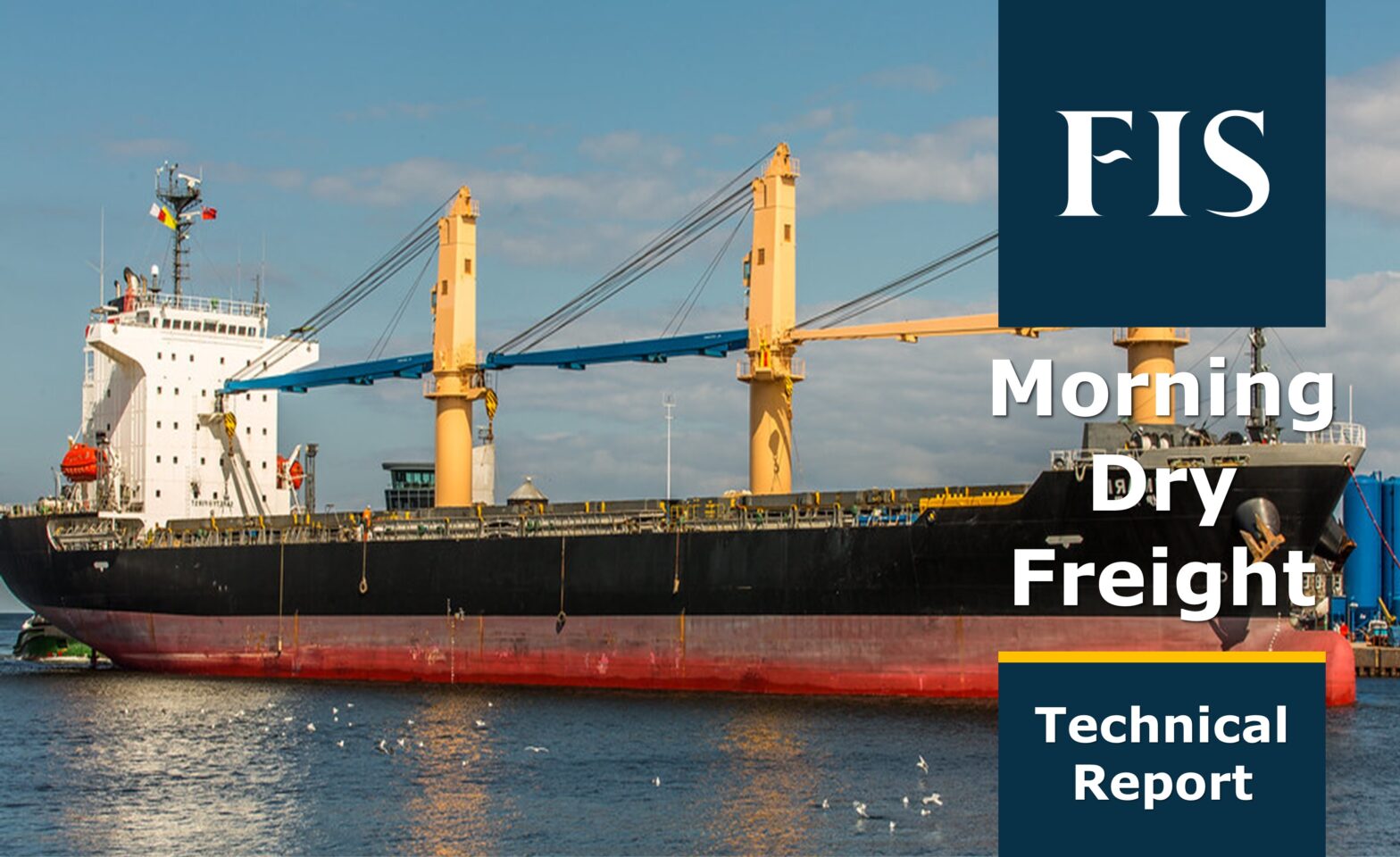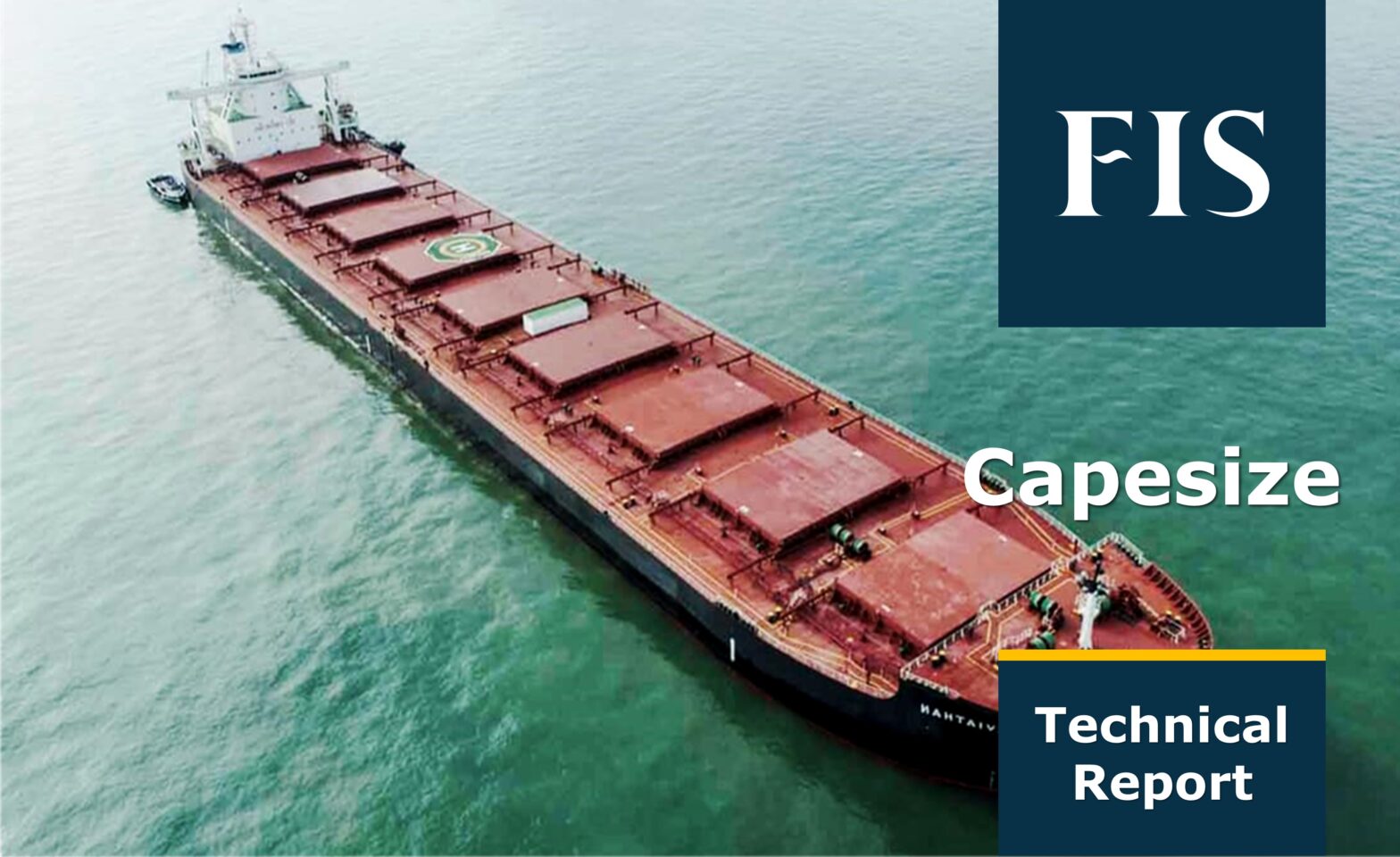Please click below to view the report For more information please contact FIS info@freightinvestor.com London +44 (0) 207 090 1120 Singapore +65 6535 5189 Dubai + 971 4 449 3900 Shanghai: +86 21 6335 4002 US (CT): +1 203 325 8004
Tag archives: DF
European Close 06/01/22
Please click below to view the report For more information please contact FIS info@freightinvestor.com London +44 (0) 207 090 1120 Singapore +65 6535 5189 Dubai + 971 4 449 3900 Shanghai: +86 21 6335 4002 US (CT): +1 203 325 8004
European Close 05/01/22
Please click below to view the report For more information please contact FIS info@freightinvestor.com London +44 (0) 207 090 1120 Singapore +65 6535 5189 Dubai + 971 4 449 3900 Shanghai: +86 21 6335 4002 US (CT): +1 203 325 8004
European Close 04/01/21
Please click below to view the report For more information please contact FIS info@freightinvestor.com London +44 (0) 207 090 1120 Singapore +65 6535 5189 Dubai + 971 4 449 3900 Shanghai: +86 21 6335 4002 US (CT): +1 203 325 8004
Special: Dry Freight Spread Highlight
Please click below to view the report For more information please contact FIS info@freightinvestor.com London +44 (0) 207 090 1120 Singapore +65 6535 5189 Dubai + 971 4 449 3900 Shanghai: +86 21 6335 4002 US (CT): +1 203 325 8004
European Close 24/12/21
Please click below to view the report For more information please contact FIS info@freightinvestor.com London +44 (0) 207 090 1120 Singapore +65 6535 5189 Dubai + 971 4 449 3900 Shanghai: +86 21 6335 4002 US (CT): +1 203 325 8004
Supramax Jan 22 Morning Technical Comment – 240 Min 24/12/21
Please click below to view the report For more information please contact FIS info@freightinvestor.com London +44 (0) 207 090 1120 Singapore +65 6535 5189 Dubai + 971 4 449 3900 Shanghai: +86 21 6335 4002 US (CT): +1 203 325 8004
Panamax Jan 22 Morning Technical Comment – 240 Min 24/12/21
Please click below to view the report For more information please contact FIS info@freightinvestor.com London +44 (0) 207 090 1120 Singapore +65 6535 5189 Dubai + 971 4 449 3900 Shanghai: +86 21 6335 4002 US (CT): +1 203 325 8004
Freight Morning Technical 24/12/21
Please click below to view the report For more information please contact FIS info@freightinvestor.com London +44 (0) 207 090 1120 Singapore +65 6535 5189 Dubai + 971 4 449 3900 Shanghai: +86 21 6335 4002 US (CT): +1 203 325 8004
Capesize Jan 22 Morning Technical Comment – 240 Min 24/12/21
Please click below to view the report For more information please contact FIS info@freightinvestor.com London +44 (0) 207 090 1120 Singapore +65 6535 5189 Dubai + 971 4 449 3900 Shanghai: +86 21 6335 4002 US (CT): +1 203 325 8004





